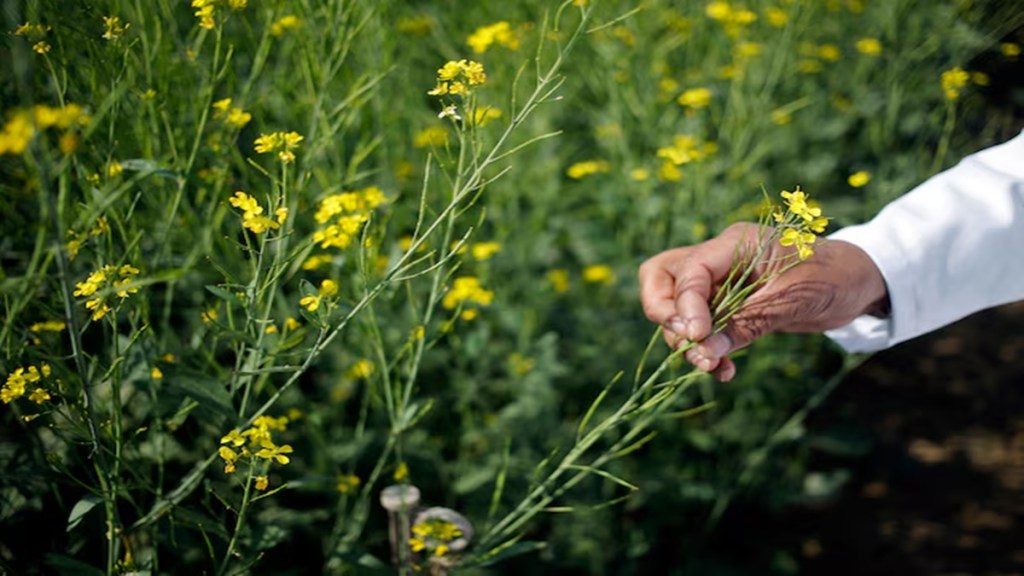To boost oilseeds output through assured purchase, government agencies Nafed and NCCF have purchased a record 3.57 MT of oilseeds — soyabean and groundnut — in seven states under the price support scheme (PSS) so far in the 2024-25 kharif season.
The overall purchase of oilseeds this kharif season is likely to rise further with the agriculture ministry on Monday extending the procurement period for oilseeds by six to 25 days for Maharashtra, Telangana, Gujarat and Karnataka, beyond the normal purchase period of 90 days.
It extended the procurement of soyabean in Maharashtra by 24 days and Telangana by 15 days to protect farmers’ interest. The groundnut procurement in Gujarat has been extended by six days and in Karnataka by 25 days.
The agencies till Monday have purchased close to 2 MT of soyabean and 1.5 MT of groundnut in Maharashtra, Madhya Pradesh, Rajasthan, Karnataka, Gujarat, Telangana and Uttar Pradesh.
The agencies buy pulses, oilseeds and copra at the minimum support price (MSP) directly from the pre-registered farmers through state-level agencies.
Agriculture minister Shivraj Singh Chouhan had stated earlier that the government agencies would buy oilseeds and pulses at the MSP for providing remunerative prices to farmers.
Do not extend duty-free import of yellow peas: Industry to govt
With the import of yellow peas, a cheap variant of chana, surpassing 3 million tonne (MT) since December 2023, the industry has appealed to the government not to extend the duty-free import of the pulses variety beyond February 28 so that domestic farmers can realise better prices for their produce.
“There is a lot of dumping of yellow peas in the domestic market, which is hurting trade as well as farmers because it is affecting prices of other pulses,” Bimal Kothari, chairman, India Pulses and Grains Association (IPGA), told FE.
Kothari said the annual domestic consumption of yellow peas, also used as a substitute of chana, is around 0.7-0.8 MT. In December 2023, the government allowed duty-free import of yellow peas due to prospects of a lower chana output.


